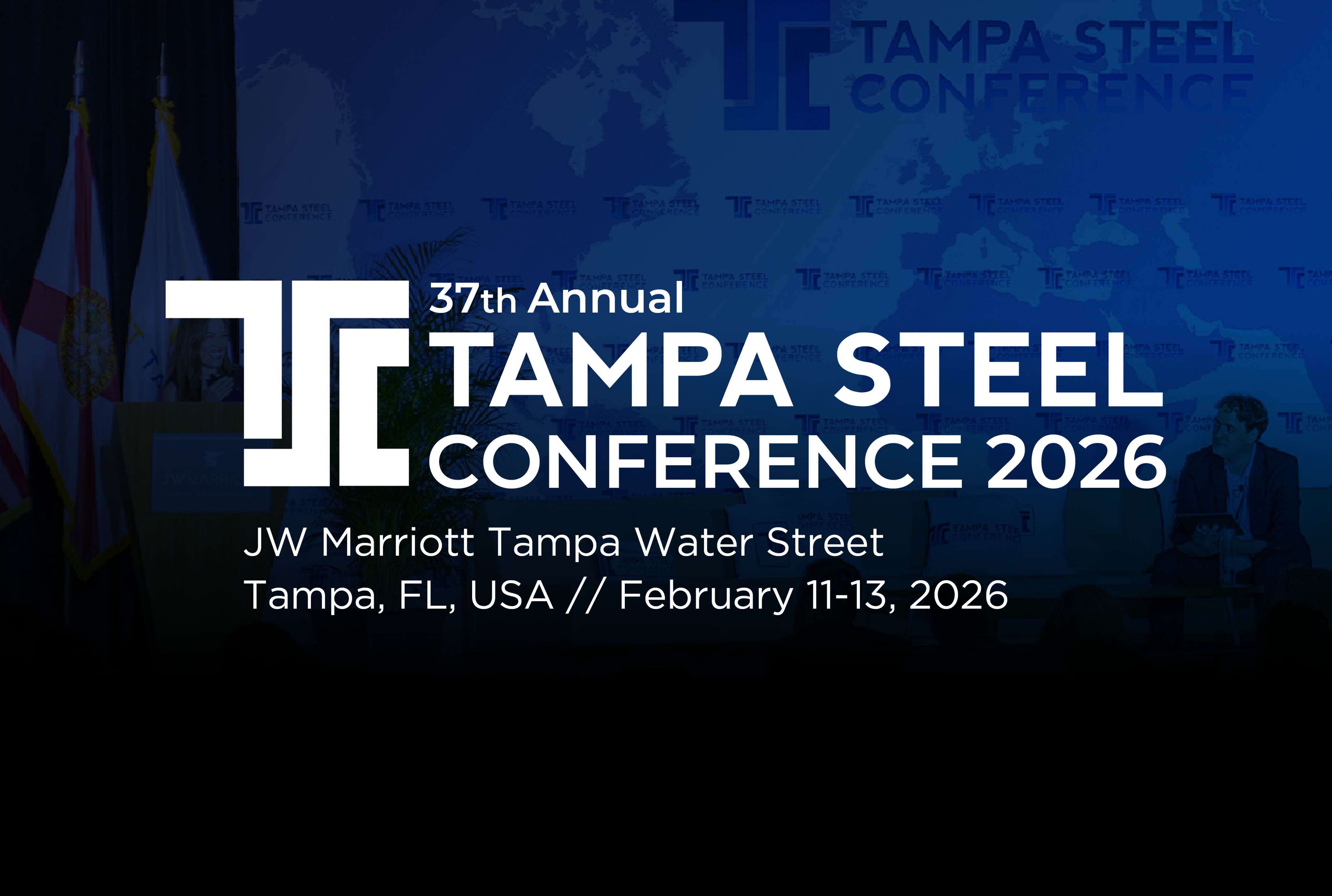Community Events

July 7, 2020
Lehner: We Need a Demand Catalyst
Written by Sandy Williams
“Blunt force demand trauma.” That is how Ryerson President & CEO Eddie Lehner described the market environment as a result of the COVID-19 crisis. One really can’t use the word “unprecedented” too much when discussing the effects of the pandemic on the economy and industry, said Lehner. Losing 30 percent of demand in 30 days is “terminal velocity” that will take a series of positive events to recover from, he added, during the SMU Community Chat Webinar on July 1.
“We need a series of catalysts to continue to stimulate demand, get people confident again, get people thinking about investment and really start to rebuild the segments of GDP that took a hit,” said Lehner.
Market segments varied in impact from the pandemic, with e-commerce, cloud computing, IT infrastructure, medical supply chain and emergency response demand growing unabated. Construction and defense remained relatively strong in the past quarter while aerospace, heavy machinery and heavy transportation equipment suffered from pandemic shutdowns, he noted.
Automotive production was brought to standstill, but the sector actually performed better than expected and may see a surge in demand as consumers adjust to living under a pandemic, said Lehner. Safety concerns regarding public transportation and airline travel may drive consumers to buy more vehicles this year. Recent projections for 2020 automotive sales have increased from 9-10 million units for 2020 to 15 million or higher. The pandemic is influencing how consumers spend money, how and where they choose to live and what they will buy for recreation. The pandemic created a demand for campers, RVs, fitness equipment, boats and other items that allow consumers to social distance.
On pricing, Lehner noted that prices are not as bad as they could be, comparing conditions today with those in 2008-2009 and 2015-2016. Prices had already fallen and were expected to recover before the pandemic hit. “So much of the price work was done for us in 2019, then the question became how much further can we fall?” said Lehner. Hot rolled is well below the 10-year average, and Lehner does not see much more risk to the downside for HRC.
“If you look at the global price of steel right now there is a domestic issue in North America. If you look at international prices, the tariffs, the cost of getting it here and the cost of handling it to the final destination, steel prices really should not be under $500 per ton in this country,” said Lehner. In the U.S., there is still more supply than demand, which is why the market is seeing HR prices below $500 per ton. Efforts by mills to get steel prices over $500 didn’t stick. A catalyst for demand is needed to support pricing, he said.
Despite the oversupply, Lehner does not fault companies for building new capacity and striving to build the best mill possible in order to be competitive. “Why build more capacity? Because if you don’t do it, someone else will,” said Lehner, recalling his relationship with his mentor and Nucor founder Ken Iverson, who preached the importance of innovation.
Lehner called for new investment in aging manufacturing equipment and the nation’s roads and bridges to help the economy recover. “A five to six trillion dollar swing in manufacturing activity would come to the positive side of the ledger if we just invested in infrastructure and production enhancing equipment,” said Lehner. “I’m not talking about investment levels beyond par, just at par. New [steelmaking] capacity could be absorbed easily if we just got back to normative trends of investment.”
The area of innovation that would best serve the steel industry right now is improvements in customer service, to get metal delivered on time with visibility through the entire supply chain, said Lehner. “Service in our industry has been the most under-estimated and under-explored area of opportunity that I can think of.”






